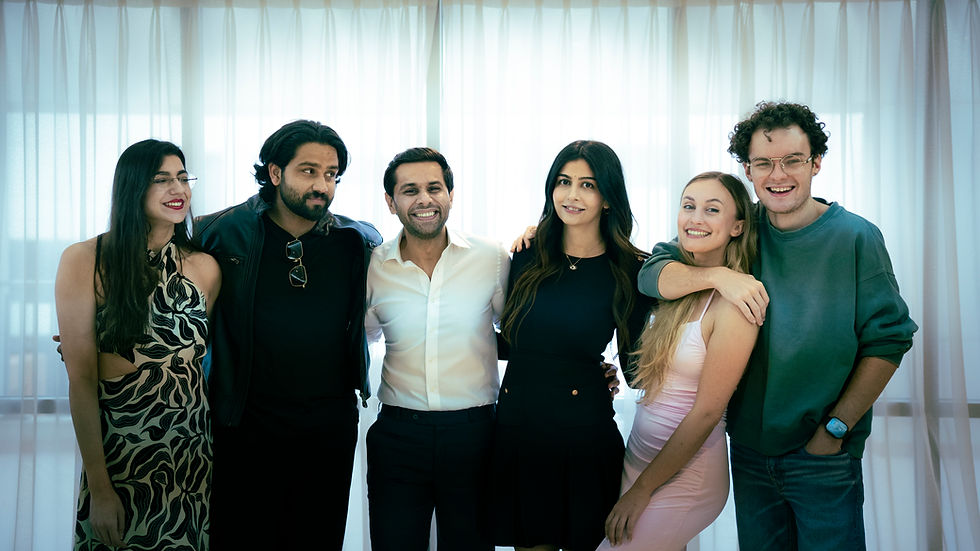Calligraphy in the era of artificial intelligence
- Purva Grover
- Aug 15, 2024
- 3 min read
AI might be capable of creating flawless calligraphy, but it will lack the spirit and serenity that a calligrapher imparts to their work. Simply put, consider a perfectly crafted artificial flower that matches a natural flower in every detail, yet it will never possess the natural delicacy of a real flower, which you can feel and that cannot be adequately described.
As a social phenomenon, calligraphy has undergone numerous transformations throughout human history. Initially, it served as a method of communication and information dissemination. Later, it was used for writing various books, followed by its use to create artistic works. With technological advancements, its application has diminished in each era. For example, after printing machines and computers were invented, writing books did not have the previous prosperity, and only specific books were written by calligraphers.

Ali Pasandideh officially started his professional career at the age of 21. He has received many honors and awards for more than twenty-four years of professional activities. In 2005, he won first place in calligraphy in the Nastaliq script in Mashhad (Iran). Since 2007, he has been teaching at the Iran Calligraphers Association. Some of his works can currently be seen at Kutubna Cultural Center, Dubai. He contributes an exclusive piece on the future of calligraphy in AI, CHATGPT, note makers, digital pens, and emojis.
In recent years, the emergence of artificial intelligence (AI) has brought significant transformations in various fields. AI's impact on daily life is becoming increasingly evident. Nowadays, most people use their smartphones or laptops for daily writing; sometimes, they don't even type and send voice messages. In my opinion, the word "handwritten" is of great importance. This is because writing should not be done for others but for ourselves and our mental well-being. Numerous studies have been conducted in this area, and psychologists emphasize the importance of writing. They believe writing is a tool for emotional release and stress the value of putting our thoughts on paper, even in moments of anger or when we have things we cannot express to others. Writing brings a more natural internal communication process and helps us feel closer to ourselves. The tranquillity of this type of writing is vastly different from pressing laptop keys or tapping on a phone screen.

If I were to talk about the future of calligraphy in the age of AI, I would draw a parallel with the advent of printing machines, which led to a new movement in art. In that era, many painters moved away from illustration; Jackson Pollock, for instance, conveyed the emotion of autumn on his canvas instead of painting a picture of it. Other artists of that era turned to abstract and conceptual works. In my view, calligraphy faces a similar fate in this era. AI might be capable of creating a flawless piece of calligraphy, but it will lack the spirit and serenity that a calligrapher imparts to their work. This unique experience is born from the artist's emotions, experiences, and all the moments and thoughts they have gone through. These feelings occur in the moment and cannot be replicated, which adds to their significance. Simply put, consider a perfectly crafted artificial flower that matches a natural flower in every detail, yet it will never possess the natural delicacy of a real flower, which you can feel and that cannot be adequately described.
In such circumstances, we should not oppose technology but rather use it to advance artistic endeavors, as many digital artists and calligraphers do. We can create works using AI and blend them with traditional calligraphy to produce remarkable pieces. Of course, this does not apply to all artists, as each has a unique approach. For instance, I currently prefer to create my works with traditional ink on paper, incorporating modern elements without digital tools, and use AI solely for acquiring artistic information, gallery updates, and current art conditions. AI acts as a consultant for me, which I go to whenever I encounter a problem or have a question in my mind that I don't know the answer to.










Comments